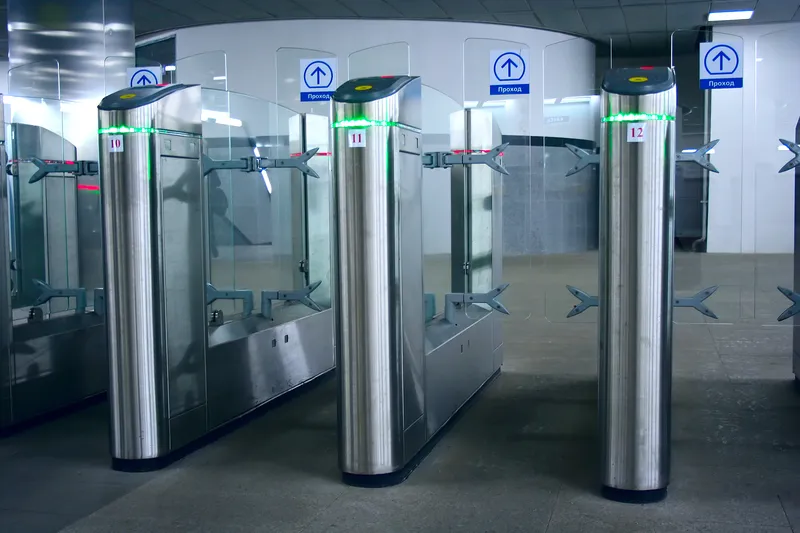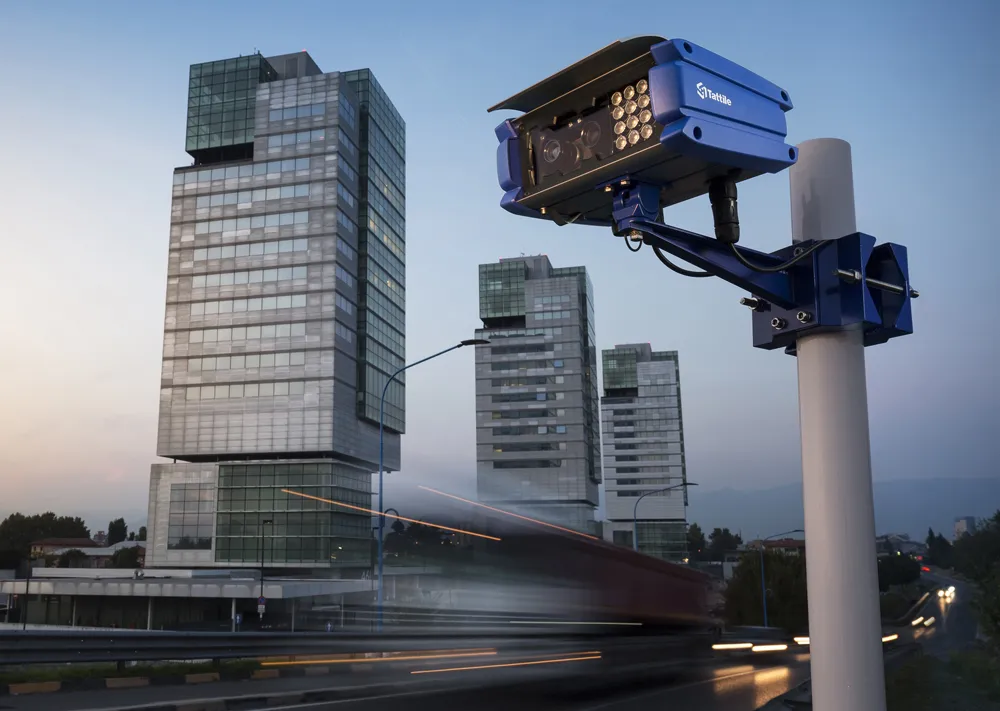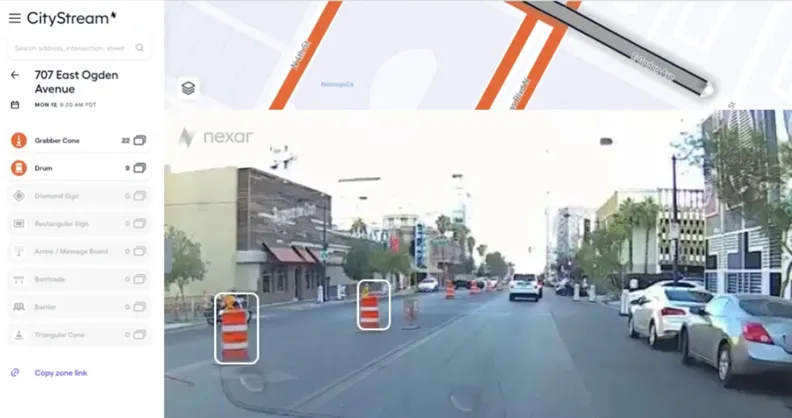
Moscow Metro is to use a face recognition system for fare payments in the Russian capital this year following the successful testing of 2,000 passes.
The experiment involved employees at the Moscow Department of Transportation (DoT) and two unnamed banks that have their own face recognition systems.
The system is expected to transform the face of the passenger passing through the turnstile, into a biometric key and analyses the movements, helping to make the metro safer.
Maksim Liksutov, deputy mayor of Moscow for Transport, says: “All the turnstiles in Moscow Metro and the Moscow Central Circle already have cameras that identify faces. Our system will allow face recognition, and if you are connected to a bank card with your biometric data, you will pass through with an open turnstile.”
The system can recognise if a person is on a wanted list and notify the police.
It has been trialled at the metro since last September.










